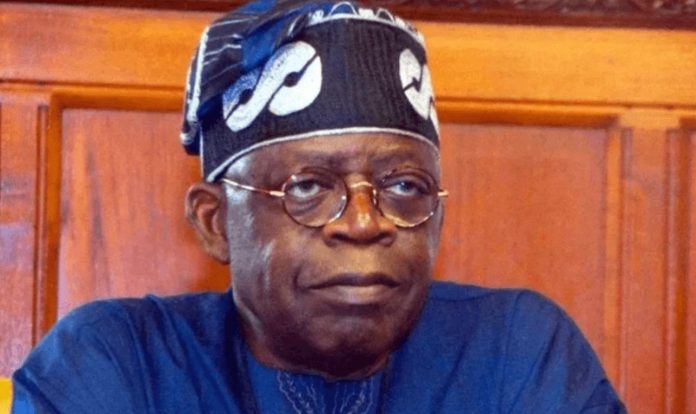The Minister of Budget and National Planning, Atiku Bagudu, has urged Nigerian families to have frank discussions about managing their resources carefully, advising them to prioritize basic needs.
The minister stated that Nigeria is not as wealthy as many believe, even as he called for more prudent financial management at both the national and household levels.
Bagudu made the remarks on Wednesday in Abuja, following a meeting between Federal Government officials and representatives from the Nigeria Labour Congress (NLC) and the Trade Union Congress (TUC
The meeting comes in the wake of widespread economic hardship, worsened by the soaring costs of energy and food.
“The Bola Tinubu administration has made bold choices that, while challenging, are necessary for long-term growth,” Bagudu said.
He defended the government’s policies, noting that state and local governments are now better funded and that reforms are already yielding positive results in terms of investment.
“Tough decisions might come with some challenges, but we are dealing with them. Most of the measures taken have begun to yield a greater level of investment.
“We believe we have stopped the decline. We are not where we want to be yet, but let us confront our realities. We must tell ourselves that we are not as rich as we thought we were,” he stated.
Bagudu stressed the need for collective action, both at the family level and the national level, to mobilize resources effectively in response to the country’s economic challenges.
Nigerians are grappling with one of the worst economic crises in decades, as inflation surges, driven by skyrocketing energy and food costs.
Critics have pointed to President Bola Tinubu’s twin policies of petrol subsidy removal and the unification of foreign exchange rates as major contributors to the current economic instability.
Many believe these policies have led to unbearable inflation and an unprecedented rise in living costs.
Meanwhile,World Bank has urged Nigerians to support the ongoing economic reforms, warning that opposing or reversing them could have serious negative consequences for the country.
– Advertisement –
Speaking at the launch of the Nigeria Development Update (NDU) report in Abuja, the World Bank Country Director for Nigeria, Dr. Ndiame Diop, emphasized that while the reforms may be challenging, they are crucial for the nation’s long-term stability.
Dr. Diop cautioned that rolling back these reforms would be detrimental, saying, “Reversing the reforms would spell doom for Nigeria.”
In the same vein, the Minister of Finance and Coordinating Minister of the Economy, Mr. Wale Edun, reiterated the importance of staying committed to the reforms. He stated, “Any effort that is not sustained will be a waste. Together with the Governor of the Central Bank of Nigeria and the Minister of Budget and National Planning, we’ve been discussing how to stay on course.”
Edun further explained that the government’s focus is on reducing inflation while ensuring investments flow into critical sectors such as industry, where jobs can be created. “We are prioritizing market pricing and sat down with labor unions to explain why we cannot afford to let this opportunity slip.”
On the removal of subsidies, Edun noted, “Every day without subsidies means more funds available for education, healthcare, and other essential expenditures.”
Also speaking, Central Bank Governor Mr. Olayemi Cardoso highlighted the importance of promoting exports in light of the exchange rate adjustments. “The moderation in the FX rate should make our goods more competitive for export and discourage the importation of unnecessary goods,” he said.

